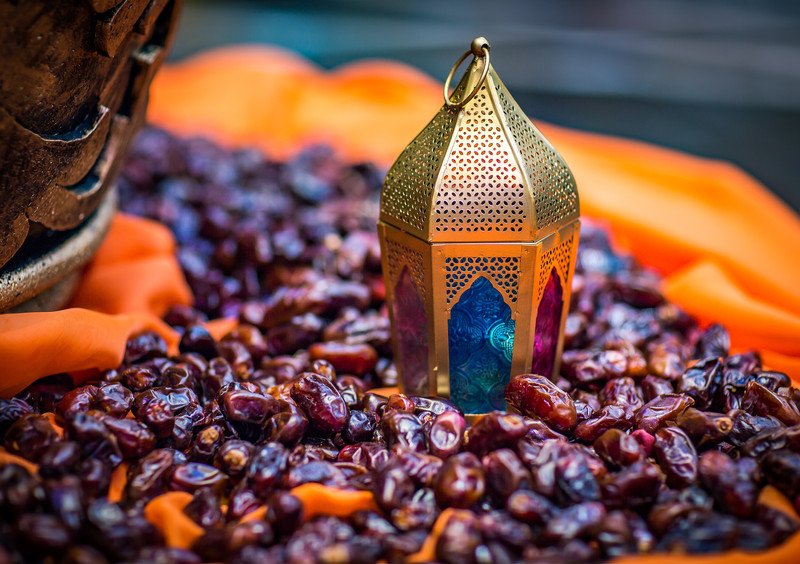
Kurma Suppliers: Exploring the Shelf Life of Dates
Introduction
Dates, with their rich flavor and numerous health benefits, have been enjoyed for centuries. As the demand for dates continues to rise, kurma supplier plays a vital role in ensuring a steady supply of this delicious fruit. In this blog post, we will delve into the world of kurma supplier, focusing on the shelf life of dates and the factors that influence it.
The Importance of Kurma Supplier
Kurma supplier, also known as date suppliers, are responsible for sourcing, packaging, and distributing dates to various markets. They work closely with date farmers, both locally and internationally, to ensure a consistent supply of high-quality dates. They play a crucial role in meeting the demand for dates and making them readily available to consumers.
What is the Shelf Life of Dates?
The shelf life of dates refers to the length of time that dates can be stored without a significant loss of quality. Dates are known for their impressive shelf life, which can vary depending on several factors, including the type of date, storage conditions, and processing methods.
Factors Affecting the Shelf Life
1. Date Variety
Different date varieties have varying shelf lives. Fresh dates, such as Barhi or Khadrawy, have a shorter shelf life compared to semi-dry or dry dates like Deglet Noor or Medjool. Fresh dates are typically consumed within a few weeks, while semi-dry or dry dates can last several months or even up to a year when stored properly.
2. Moisture Content
The moisture content of dates plays a significant role in determining their shelf life. Dates with higher moisture content are more prone to spoilage and have a shorter shelf life. It is important to note that the moisture content can also vary within the same variety of dates, depending on factors like harvest time and processing methods.
2. Moisture Content
Moisture content plays a crucial role in the shelf life of dates. Dates with higher moisture content are more prone to spoilage and have a shorter shelf life. The moisture content of dates can vary depending on several factors, including the variety, harvest time, and processing methods.
When dates are harvested, they naturally contain water, which contributes to their soft and juicy texture. Fresh dates, such as Barhi or Khadrawy, have a higher moisture content compared to semi-dry or dry dates like Deglet Noor or Medjool. The moisture content of dates can range from around 15% to 35%.
To ensure a longer shelf life, dates with higher moisture content are typically consumed more quickly, as the excess moisture makes them more susceptible to mold growth and spoilage. These types of dates are often enjoyed fresh and have a shorter storage period.
On the other hand, semi-dry or dry dates have lower moisture content. They undergo a drying process, either naturally or through artificial means, to reduce their water content. This drying process helps extend their shelf life by removing excess moisture and creating an environment less conducive to microbial growth.
The moisture content of dates can also be influenced by the time of harvest. Dates harvested later in the season tend to have a lower moisture content, as they have had more time to mature and naturally lose some of their water content. These dates generally have a longer shelf life compared to those harvested earlier.
In addition to the variety and harvest time, processing methods can also affect the moisture content of dates. Some dates may undergo additional processing steps, such as washing, soaking, or steaming, which can affect their moisture levels. It is important for dates suppliers and consumers to be aware of the moisture content of dates, as it directly impacts their shelf life and overall quality.
To ensure the longevity of dates with higher moisture content, it is advisable to store them properly in cool, dry conditions. This helps minimize the risk of mold growth and spoilage. Additionally, airtight packaging or containers can help prevent moisture absorption and maintain the quality of the dates.
Understanding the moisture content of dates is essential for both suppliers and consumers. By considering this factor and implementing proper storage practices, dates can be enjoyed for longer periods while retaining their flavor, texture, and nutritional benefits.
3. Storage Conditions
Proper storage conditions are crucial for extending the shelf life of dates. Dates should be stored in a cool, dry place away from direct sunlight and sources of heat. Ideally, they should be stored in airtight containers or packaging to prevent moisture absorption and exposure to air, which can lead to spoilage.
4. Processing Methods
Dates can undergo various processing methods, such as drying or freezing, to extend their shelf life. Dried dates, for example, have a longer shelf life compared to fresh dates. Proper processing techniques, including drying and packaging, help preserve the quality and extend the shelf life of dates.
Conclusion
Kurma suppliers play a crucial role in ensuring a steady supply of dates and making them available to consumers. The shelf life of dates can vary depending on the variety, moisture content, storage conditions, and processing methods. Understanding these factors is essential for both suppliers and consumers to ensure the quality and freshness of dates.
Key Highlights
– Kurma suppliers are responsible for sourcing and distributing dates to meet the demand of consumers.
– The shelf life of dates depends on factors such as the variety, moisture content, storage conditions, and processing methods.
– Fresh dates have a shorter shelf life, while semi-dry or dry dates can last longer when stored properly.
– Proper storage conditions, including cool and dry environments, are crucial for extending the shelf life of dates.
– Processing methods like drying or freezing can also help preserve the quality and prolong the shelf life of dates.
By understanding the shelf life of dates and working closely with kurma suppliers, consumers can enjoy the delightful flavors and nutritional benefits of dates while ensuring their freshness and quality.